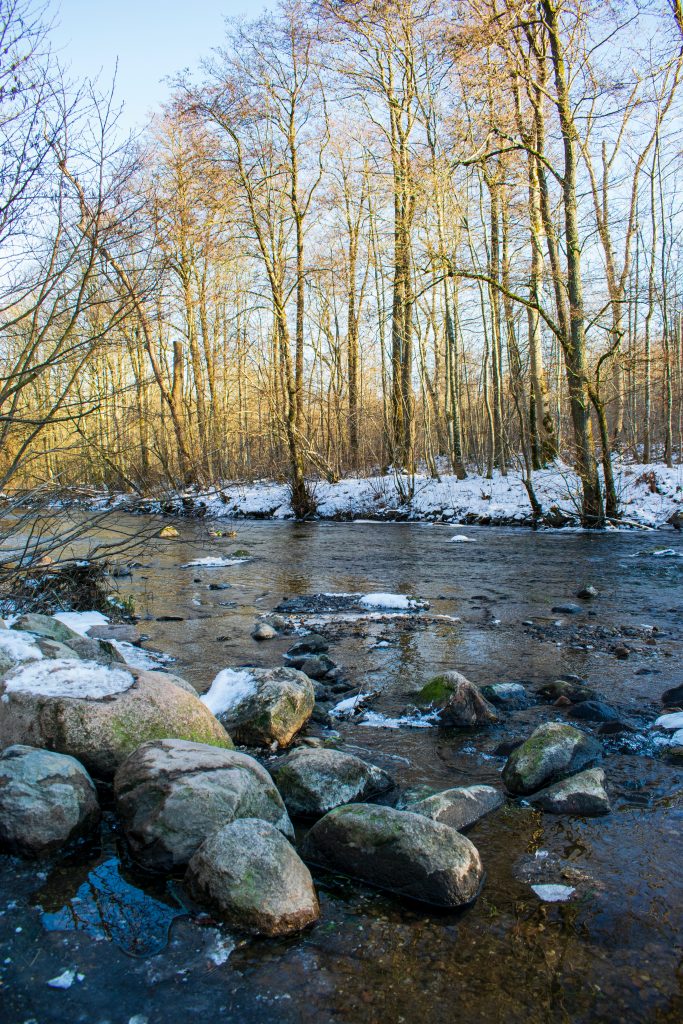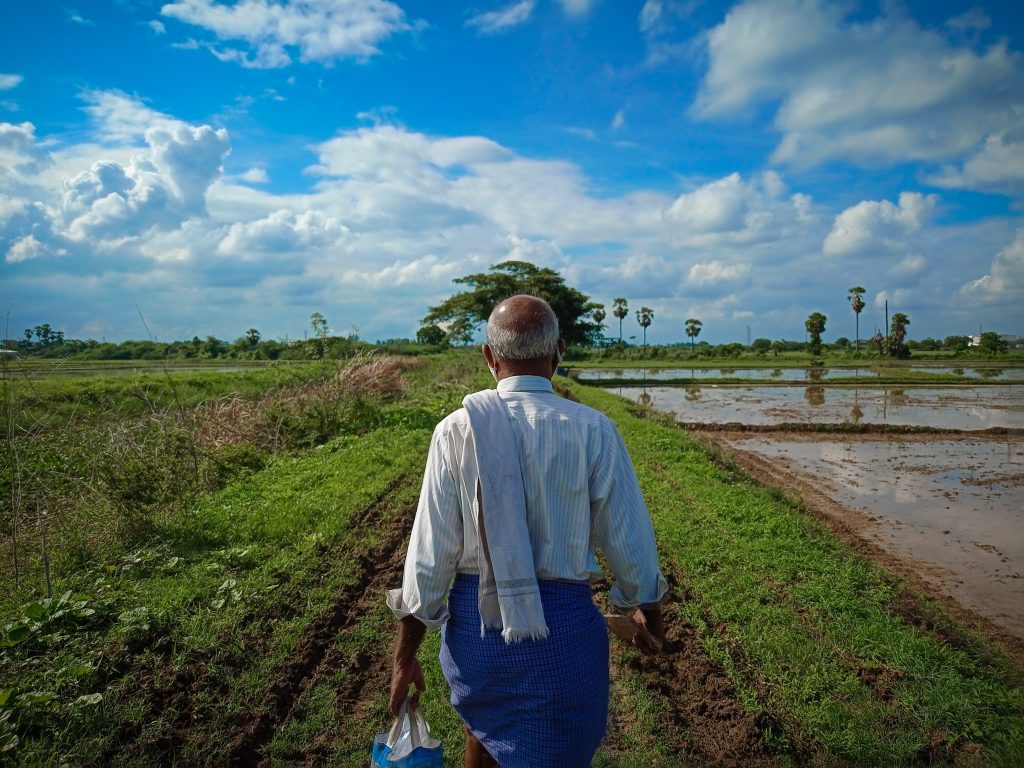Extreme weather events are becoming more and more common and intense due to global warming. In northern Europe the increasingly wet climate leads to frequent and dramatic floods across ever wider areas in the floodplains, as reported by the European Environment Agency (EEA).
The risk related to flood events is heightened by socioeconomic factors such as urban development and agricultural land use. Nature based solutions are becoming more widely applied to mitigate river flood risks. In fact, each ecosystem has an insurance value which is equal to its capacity to mitigate external disturbance.
This paper investigates a possible Nature Based Solution (NBS) to reduce the damage caused by the flooding of the river Staråen to the town of Holstebro, in Denmark. The assumed policy scenario would involve controlled flooding in the farmers’ fields around Holstebro.
This solution will mitigate the damage to the urbanised areas, but are the Danish farmers willing to be part of the project? This is a crucial point as participation in this programme is voluntary.
The paper identifies the most important factors for the farmers in a contractual agreement through a basic choice experiment. 62 Danish farmers, representing 9% of the farmers from the area, have been involved in the study.
The results of the experiment are available in the paper.
You can read the abstract here. To request the full-text paper, please contact the corresponding author.
Zandersen, M.; Oddershede, J. S.; Pedersen A. B.; Nielsen H. Ø.; Termansen, M. Nature based solutions for climate adaptation – Paying farmers for flood control. Ecological Economics, 2021, 179, 106705. https://doi.org/10.1016/j.ecolecon.2020.106705
Cover photo by Zuzana Ruttkay on Unsplash



